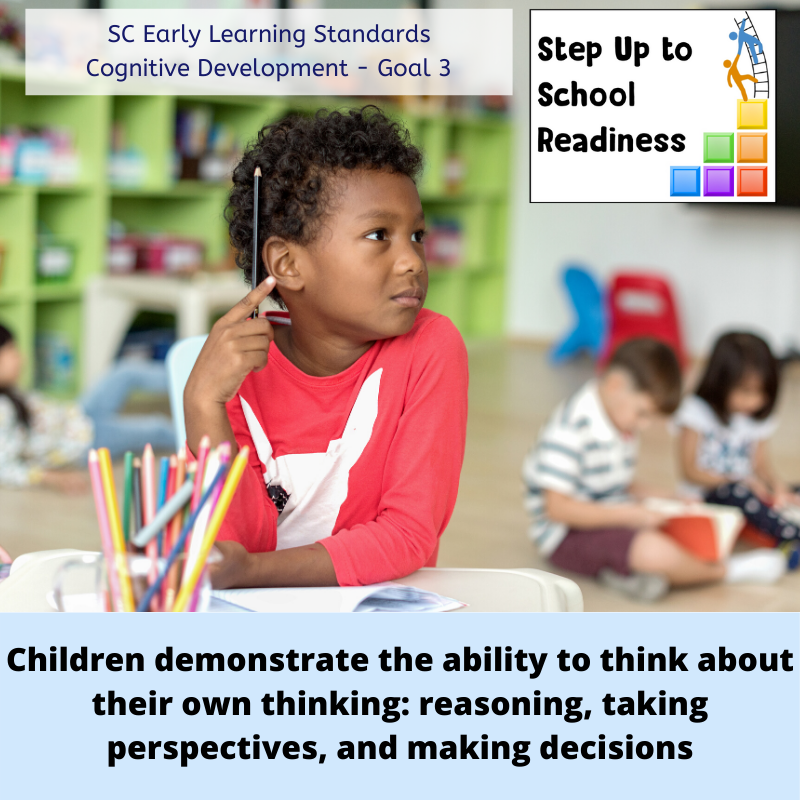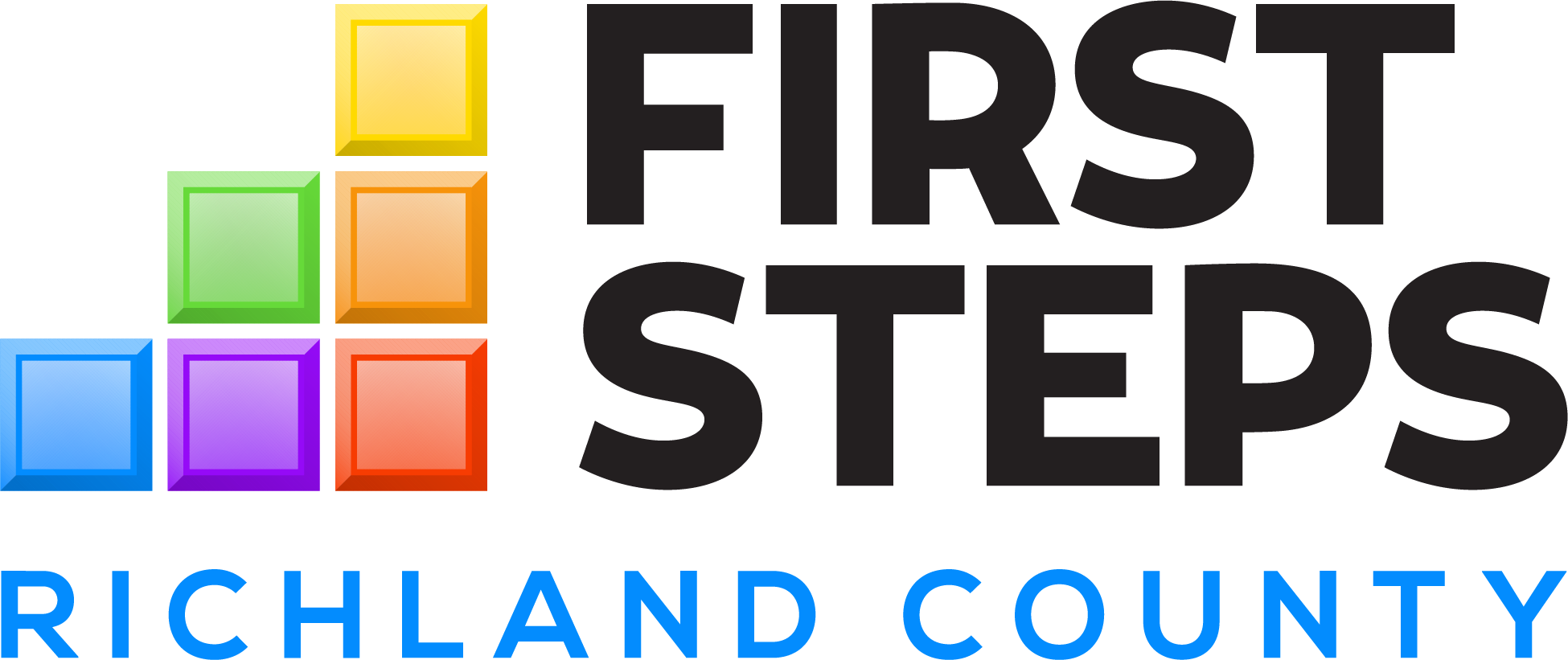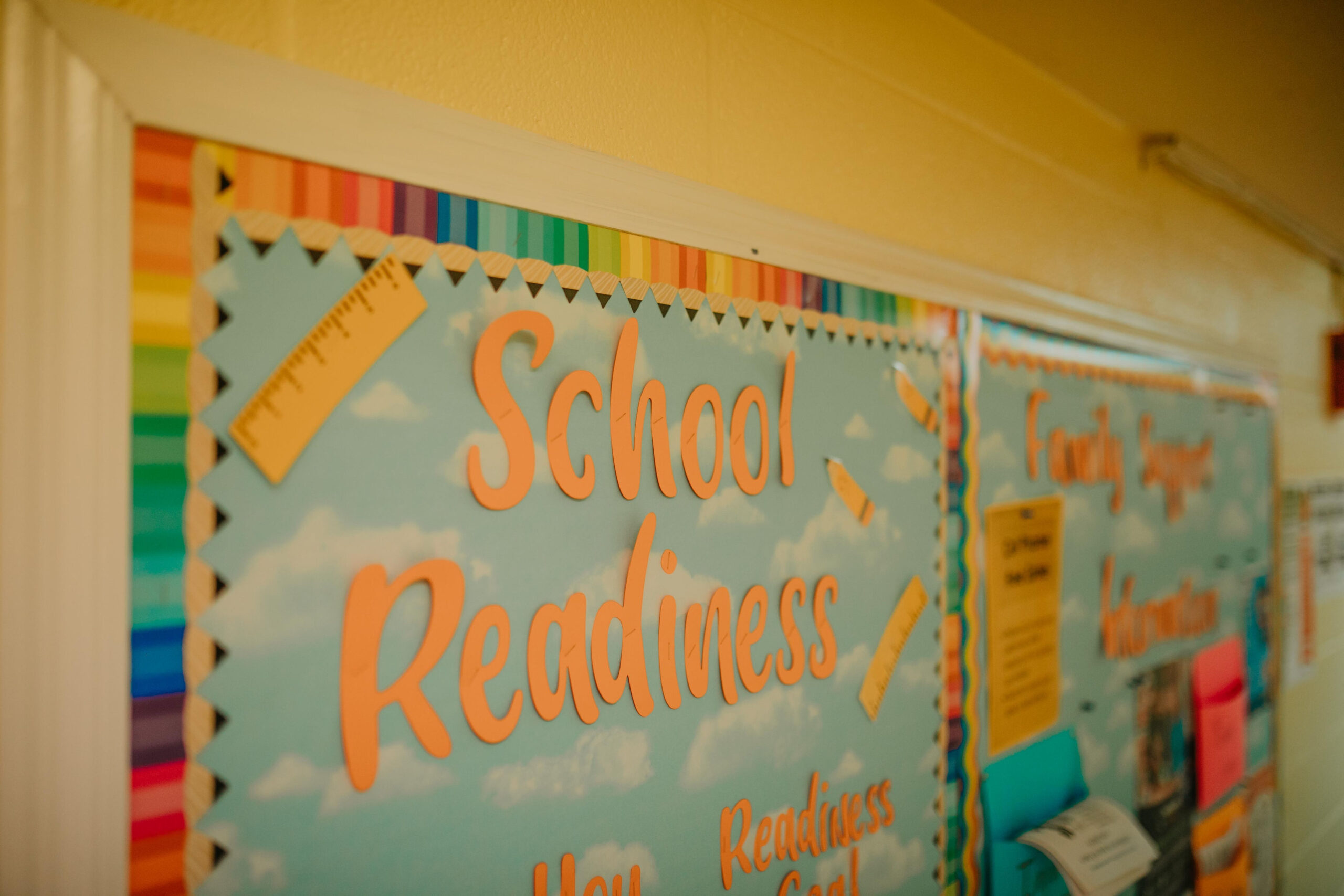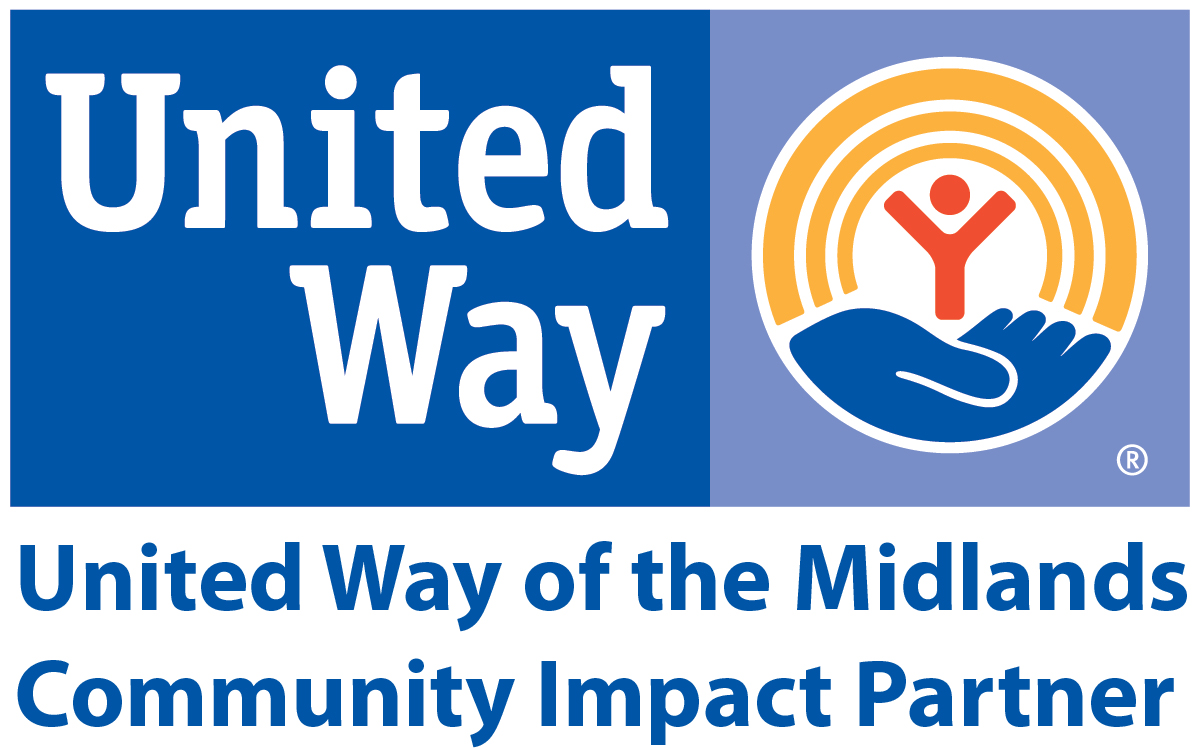
DOMAIN: Cognitive Development
SUBDOMAIN: Construction of Knowledge: Thinking and Reasoning
DEVELOPMENTAL INDICATORS
Infants (Birth to 12 months):
- Show awareness of others’ reactions to people, objects, and events.
- Show awareness of another person’s intentions by establishing joint attention (look at an object, then at caregiver, and back at object).
Younger Toddlers (8 to 21 months):
- Show awareness of others’ feelings about things by looking to see how they react
Older Toddlers (18 to 36 months)
- Use words like “think,” “remember,” and “pretend.”
- Talk about what they and other people want or like.
Younger Preschoolers (36 to 48 months)
- Use language to identify pretend or fantasy situations (say, “Let’s pretend we’re going on a trip.” “That’s a pretend story.”).
- Use words like “think” and “know” to talk about thoughts and beliefs.
- Recognize that beliefs and desires can determine what people do (e.g., a person will look for a missing object based on where they think it is rather than where it actually is).
- Remember and describe at the end of the day what they had done while at school.
Older Preschoolers (48 to 60+ months)
- Use language to identify pretend or fantasy situations (say, “Let’s pretend we’re going on a trip.” “That’s a pretend story.”).
- Express understanding that others may have different thoughts, beliefs, or feelings than their own (“I like ketchup and you don’t.”).
- Use language to describe their thinking processes with adult support.
- Work on a project over several days, solving problems and making their work more elaborate.
Click here for more on Step Up to School Readiness and the SC Early Learning Standards.


